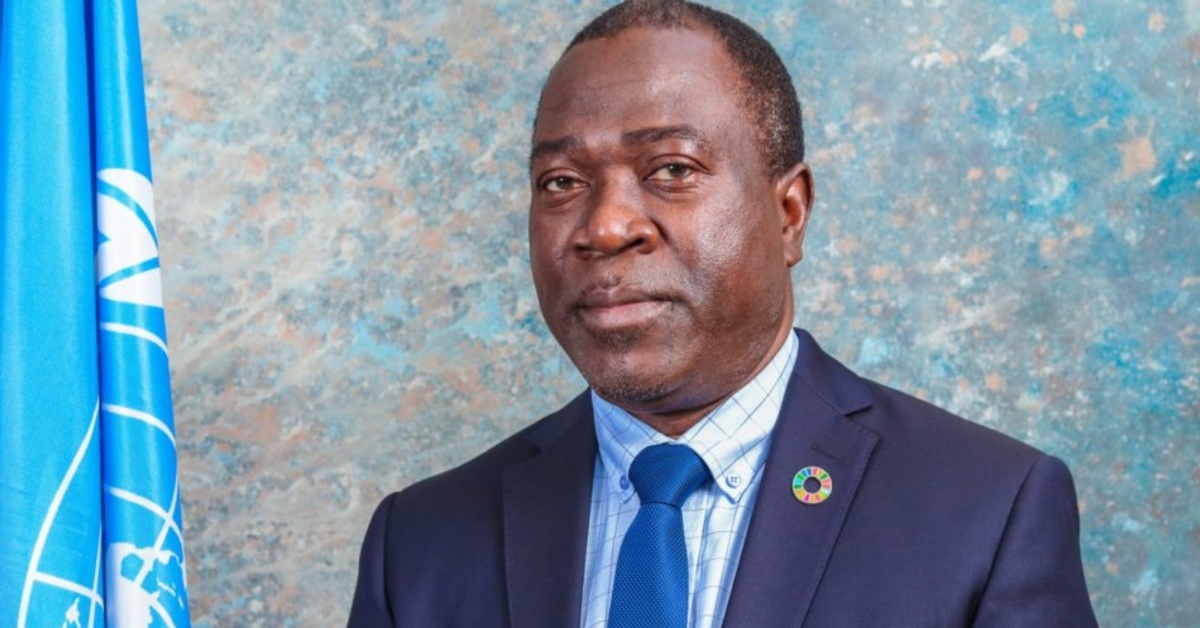The United Nations in Sierra Leone has echoed the call for collective responsibility in combating disinformation, misinformation, and hate speech.
They urge citizens, both local and foreign, as well as state and non-state actors, government representatives, religious leaders, and political leaders to take action in promoting political tolerance and peaceful communication.
Babatunde Ahonsi, the United Nations Resident Coordinator, highlighted how the Internet, social media, and Artificial Intelligence have contributed to citizen inclusion, transparency, and participation in governance.
However, he acknowledged that these advancements also bring risks and challenges to the integrity of the information landscape, particularly impacting democratic processes. As the country approaches general elections in June, the spread of misinformation, disinformation, and hate speech poses a significant concern.
Ahonsi noted that over the past two years, Sierra Leone has witnessed a surge in hateful statements on social media, mainly propagated by political rivals within the country and abroad. Addressing this issue requires a shared responsibility, and the United Nations has developed the iVerify tool to aid in the identification and fact-checking of potentially misrepresented content, especially during election periods when information rapidly spreads from social media to other channels.
Tolerance is emphasized as a crucial element of democracy, encompassing acceptance and respect for diversity and political pluralism. The Political Parties Regulation Commission received commendation for its efforts in facilitating dialogue among political parties.
Ahonsi encouraged the commission, along with the government, the Electoral Commission for Sierra Leone, the Police, and the security sector, to ensure a level playing field for all political parties and actors while intensifying efforts to promote political tolerance.
Opposition parties were urged to collaborate with state institutions and act responsibly, fostering tolerance and peace. Ahonsi stressed the pivotal role of women and young people in present and future democracy, emphasizing the importance of their safe and constructive participation in politics as voters, activists, or candidates.


 4 Comments
4 Comments









The UN officer should be open and transparent to all parties and institutions that are involved in conducting the elections. For example, they should tell the ECSL Boss to provide the registration
and voter ID card Data. This should provide data for each center, ward, Constituency, district, region and country.
By the way, how can someone contest in an election where he or she does not know exactly the number of people voting? Indeed no normal person will do that.
Please UN tell Konneh to be transparent so that the people of Sierra Leone would accept the results of the elections. Other wise he is trying to bring another war in Sierra Leone.
I entered a comment but I cannot see it now.
Good talk by European Union representative, that what exactly we are expecting from opposition parties to do and to tell their subjects from deviating themselves from hate speeches
Thank you for your great observation in our political lands scape.all our problems we are facing today it’s from bad politicians,who only care for themselves,how to achieve their selfish desires.